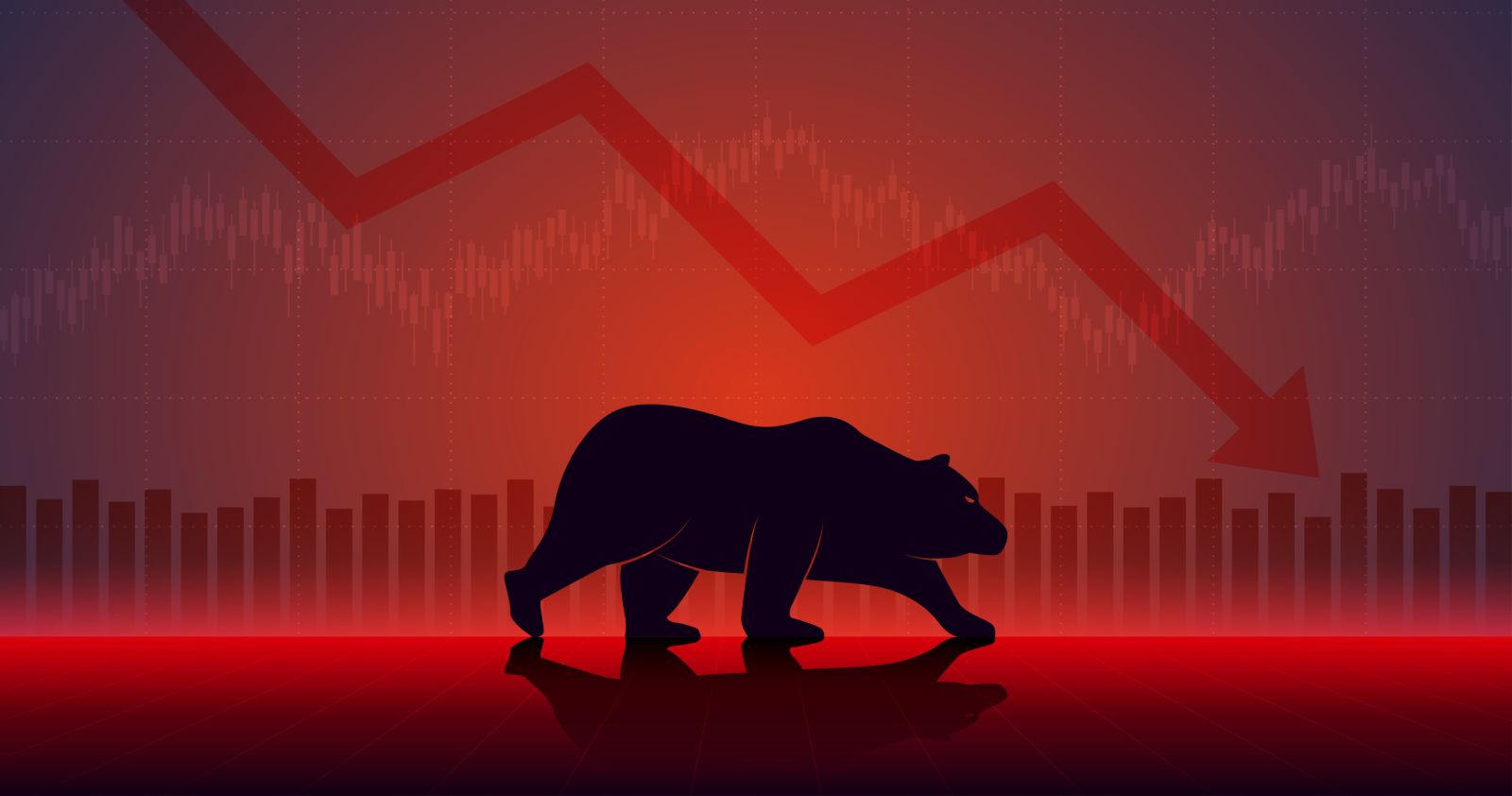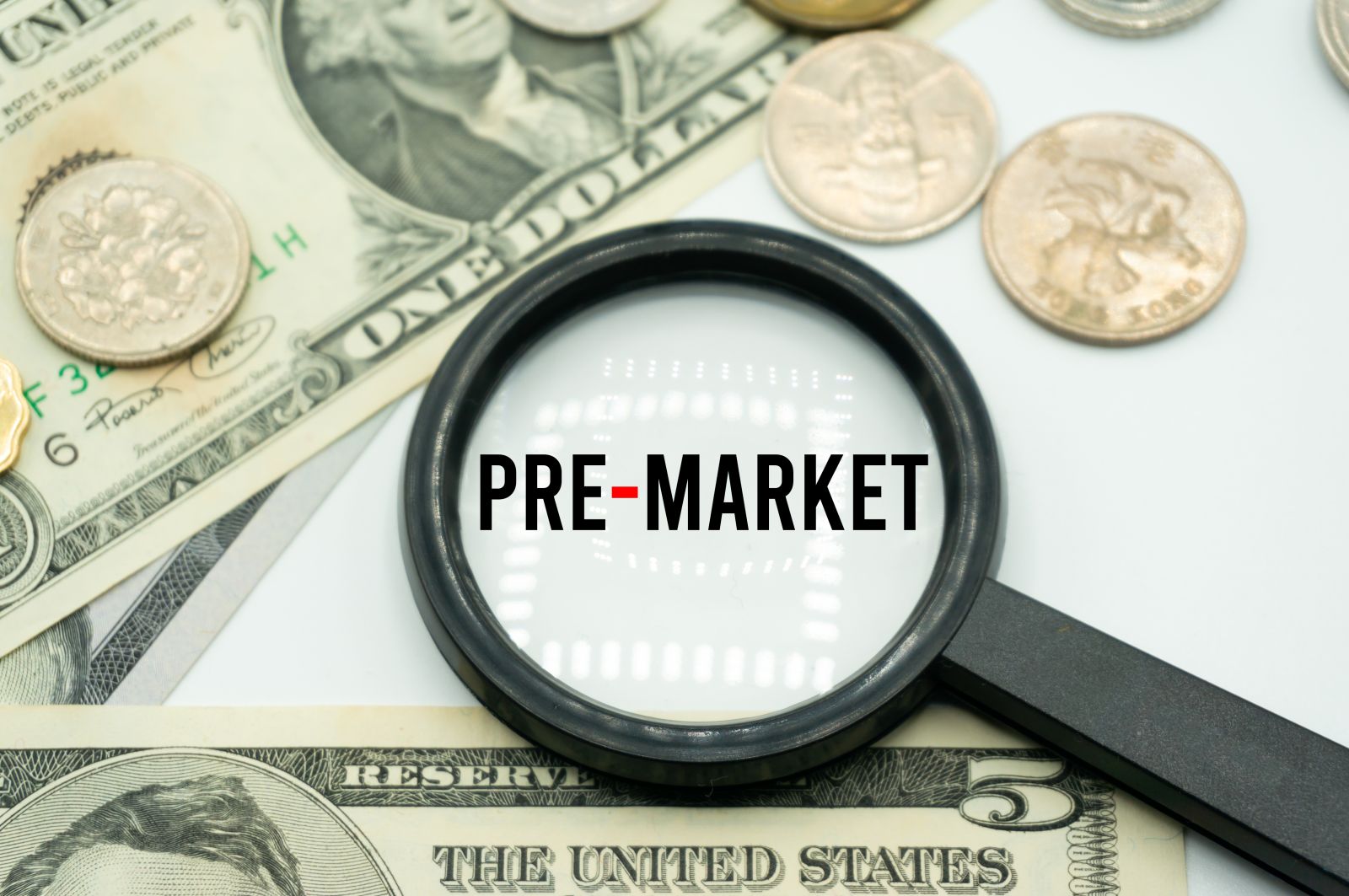Stocks are feeling the impact as US tariff threats force automakers to adjust their strategies. Volkswagen is quietly developing back-up plans to counter potential tariffs on its imports from Mexico, while BMW has declared it will absorb any additional costs, at least in the near term. This cautious approach reflects mounting uncertainty in the auto industry amid shifting trade policies under the Trump administration.
Meanwhile, the US tariffs—targeting imports from Canada and Mexico—are compelling automakers to rethink their supply chain and production strategies. VW’s CEO has dismissed a last-minute production shift as unrealistic, emphasizing long-term planning instead. In contrast, BMW’s willingness to shoulder tariff costs highlights a divergent strategy aimed at protecting its market position without passing on expenses to consumers, as industry players brace for prolonged trade tension.
Market Overview:
- Volkswagen is preparing contingency plans to mitigate potential US tariffs on imports from Mexico.
- BMW is set to absorb extra tariff costs to maintain stable pricing for its consumers.
- The auto industry faces disruptive trade policies that are forcing companies to reconfigure supply chains.
- Trump’s shifting trade policies have introduced significant uncertainty into global auto markets.
- Different strategic responses by VW and BMW underscore varied approaches to tariff challenges.
- Exemptions for North American-built vehicles offer temporary relief but do not resolve long-term issues.
- Future trade policy clarity will be crucial for automakers to fully adapt their supply chains.
- Investors will monitor how these adjustments affect earnings and competitive positioning.
- Sustained tariff pressures could force further restructuring across the global auto sector.
- Automakers' proactive contingency planning demonstrates industry resilience and adaptability in the face of trade challenges.
- BMW's strategy to absorb tariff costs could strengthen customer loyalty and potentially increase market share in the competitive US market.
- The current uncertainty may accelerate innovation in supply chain management and localized production, leading to more efficient operations long-term.
- Companies that successfully navigate these challenges could emerge stronger with more diversified and resilient business models.
- Potential exemptions for North American-built vehicles provide opportunities for automakers to adjust their production strategies to minimize tariff impacts.
- Absorbing tariff costs will inevitably pressure profit margins for automakers like BMW, potentially leading to reduced investments in R&D and future growth.
- Volkswagen's need to develop contingency plans highlights the disruptive impact of unpredictable trade policies on long-term business planning.
- Sustained tariffs could force automakers to eventually pass costs to consumers, potentially reducing demand in the US market.
- The uncertainty surrounding trade policies makes it difficult for automakers to commit to major investments, potentially slowing industry innovation.
- Restructuring global supply chains is complex and costly, which could put smaller manufacturers at a competitive disadvantage against larger players with more resources.
This article contains syndicated content. We have not reviewed, approved, or endorsed the content, and may receive compensation for placement of the content on this site. For more information please view the Barchart Disclosure Policy here.







